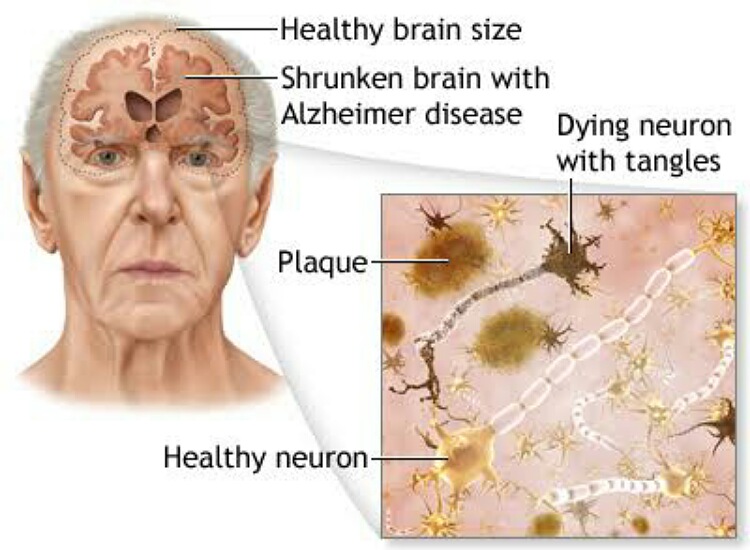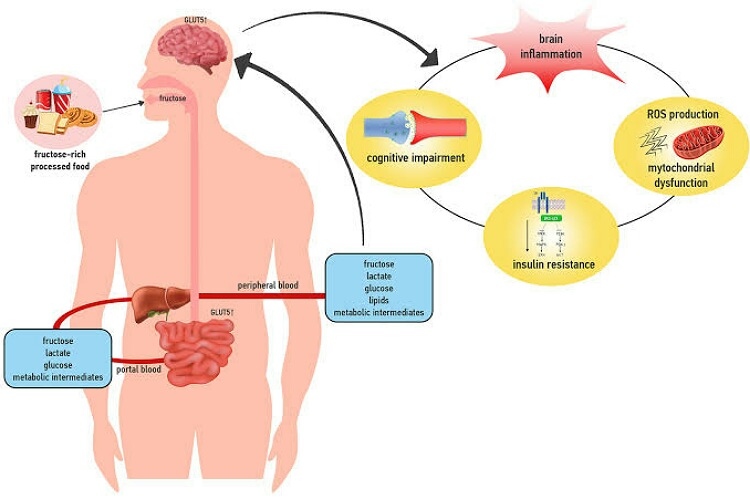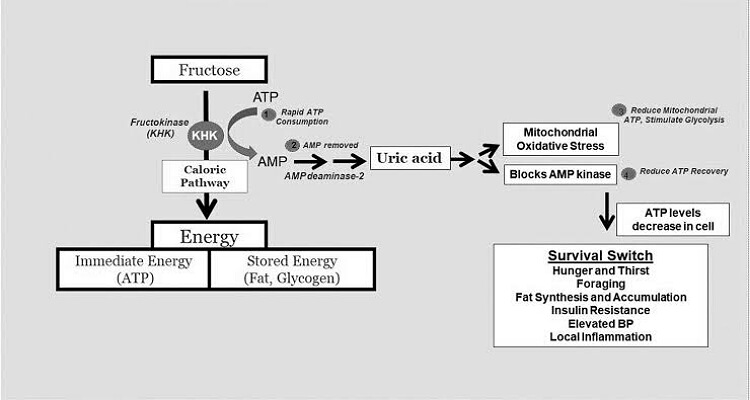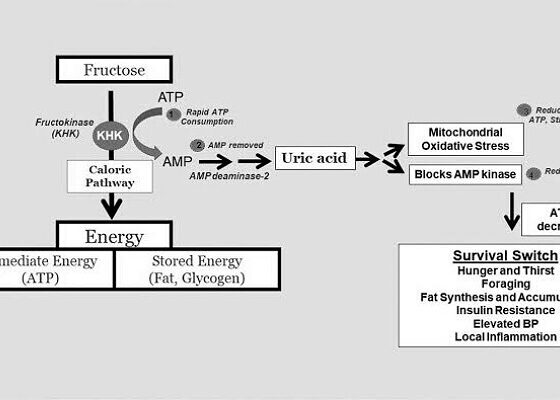Alzheimer’s disease was considered a disease of aging. But newer studies are revealing that other factors are also involved. A new study has unveiled the role of fructose in the causation of this disease.
Alzheimer’s disease
Alzheimer’s disease is a disease of the old. Experts consider it to be related to aging. Nonetheless, scientists continue to investigate what factors lead to it. They are looking for the risk factors and the mechanisms that play a role in it.
In this disease, the patient gets cognitive decline. He or she loses his or her memory and cannot remember things. There is reduced alertness and lack of focus. When severe, it leads to disruption of daily routine and activities. The causes are still under investigation. Researchers are trying to find what risk factors are responsible for it. Once found, one can adopt preventive measures to reduce the incidence of the disease and slowdown it’s progress.
Fructose metabolism and it’s role in Alzheimer’s
A new study published in the American Journal of Clinical Nutrition states that the natural sugar fructose is present in increased amounts in the brain of these patients. Could this be driving the person to insanity? Probably fructose metabolism is at fault there.
Fructose is a sugar that is a monosaccharide and present naturally in fruits. It is also part of the refined white sugar that one consumes. Moreover, it is present in honey and high fructose corn syrup. These are used in large amounts in processed foods and beverages. And these do lead to body inflammation. And probably also cause dementia.

The lead author, Richard Johnson states that there is concrete evidence that diet plays a role in causing this disease. He feels that Alzheimer’s is a damaging adaptation of an evolutionary survival pathway that is part of the body of animals and our ancestors. The authors say:
“One of the basic principles of life is ensuring enough food, water and oxygen to survive. Much attention has been focused on acute survival responses to hypoxia and starvation. However, nature has developed a clever way to protect animals before a crisis hits.” actually.”
“When faced with the possibility of starvation, early humans or ancestors developed a survival response that prompted them to search for food. Foraging requires concentration, quick assessment, impulsiveness, exploratory behavior and risk-taking. This practice is reinforced by preventing everything that gets in the way, such as Recent memories, and that’s where fructose comes in.”
More on the mechanism
In order to focus on gathering food, sugars moisturize the brain centers including that of recent memory. Researchers at the University of Colorado Anschutz assume that ingested or internally produced fructose triggers the foraging response. This sugar reduces cerebral blood flow to hippocampus, thalamus, and other center for self-control.

Richard opines:
“We believe that the fructose-dependent decrease in brain metabolism in these regions was initially reversible and should have been beneficial. But the chronic and persistent decrease in brain metabolism resulting from repeated fructose metabolism leads to progressive brain atrophy and cell loss.”
Read here: Surge in gout cases during the pandemic attributed to binge-eating and lack of exercise!
This instinct helped our ancestors when sugar intake was lesser. But in the modern era of high sugar consumption, there is excess fructose in the brain, resulting in inflammation and brain atrophy. Research into whether reducing fructose in daily diet can treat or prevent this disease needs to be studied.
